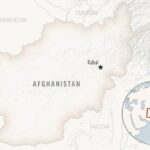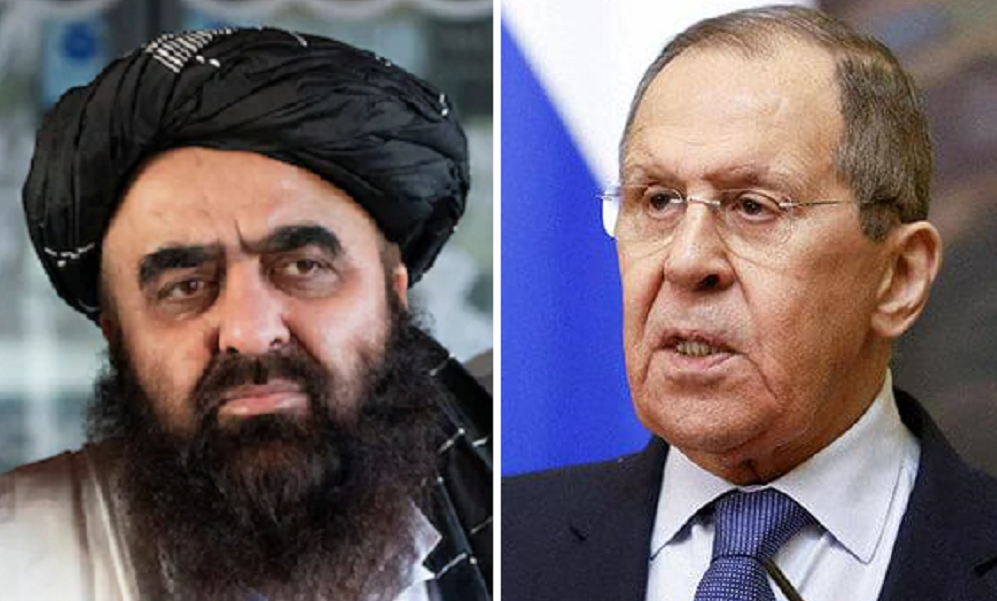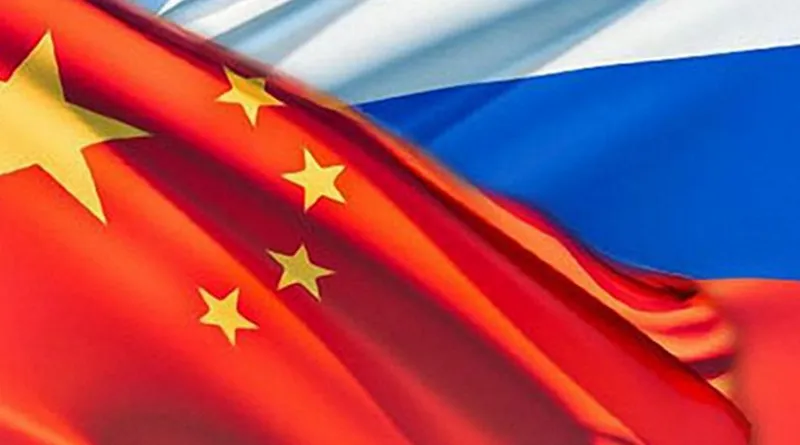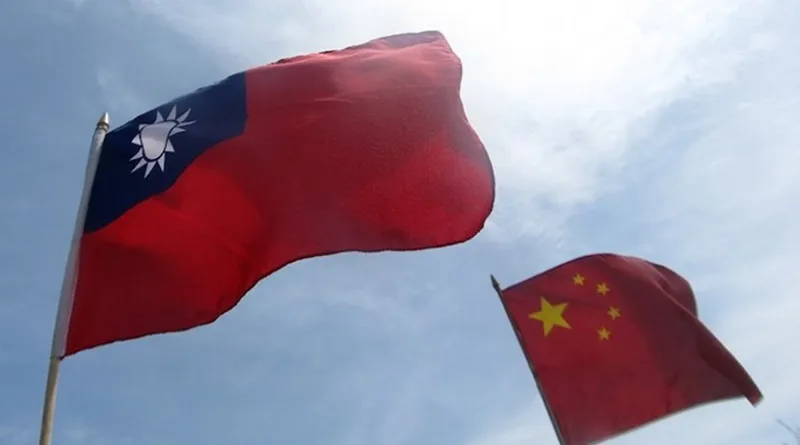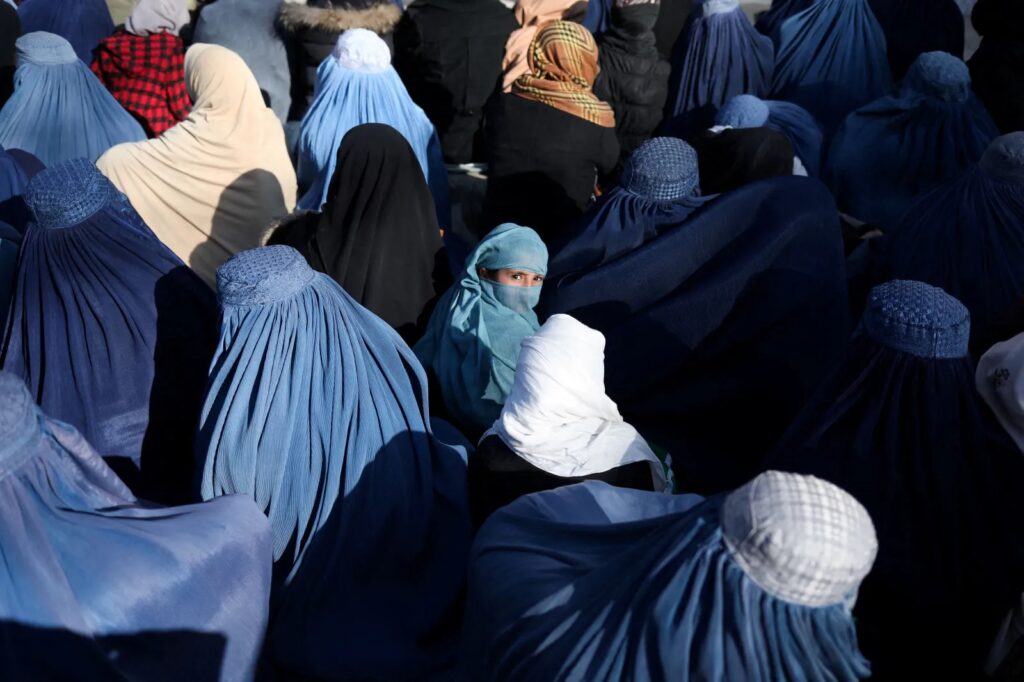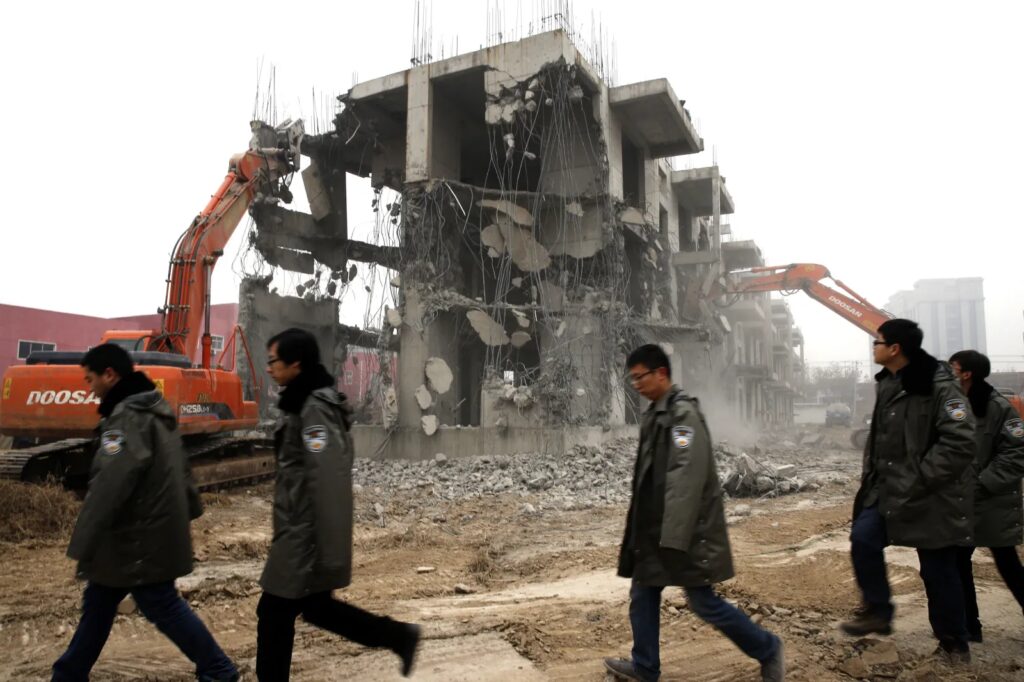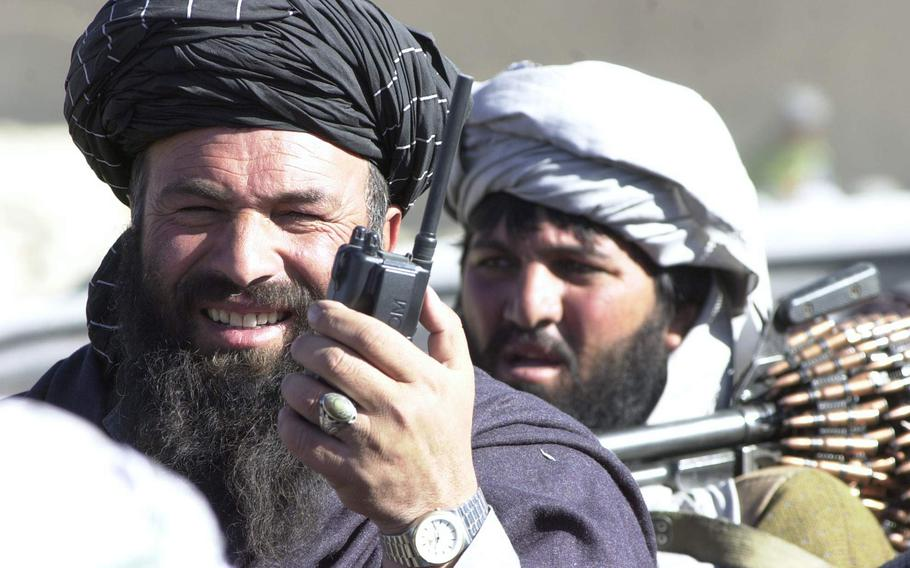Vostok military exercises indicate that Russia is far from isolated

Despite the West’s containment strategy, Moscow is deepening its convergence with China and maintaining strong ties with India.
The next iteration of Russia’s quadrennial Vostok exercise has just begun in its far east region, involving more than 50,000 troops, 140 aircraft and 60 warships. Vostok (which means “east” in Russian) is one of four exercises Russia routinely conducts every four years, the others being Zapad (west) Tsentr (center), and Kavkaz (south), the directions corresponding to the locations of the drills within the country.

